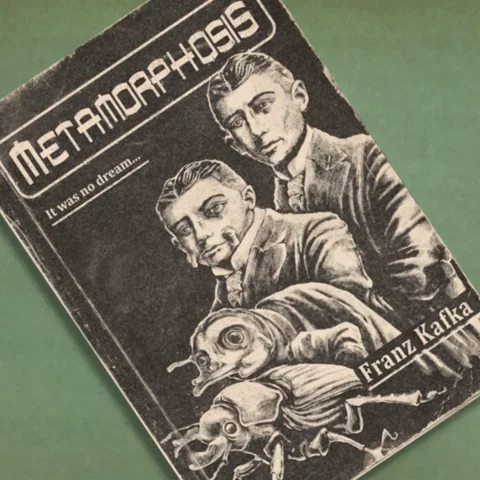Artificial Intelligence, Creativity, and Intellectual Emancipation
By Jack Tsao and Collier Nogues
About
Artificial intelligence (AI) is rapidly refining creativity and creative production. This study dives into how university students in Hong Kong are using AI tools, known as Generative Artificial Intelligence (GenAI), for creative writing and graphic storytelling. Inspired by Jacques Rancière’s ideas about everyone having equal intelligence and the right to be creative the research shows how students can quickly becoming fluent in the language of AI, using these tools to twist, bend, and reimagine what it means to be an author. AI sidelines the lone writer, instead acts as a co-creator that can spark new ideas and possibilities.
Key Findings and Contributions
- Students reimagined authorship as distributed between human and non-human agents, using Generative AI (GenAI) as a creative catalyst rather than a substitute, which fostered their sense of agency and responsibility in the creative process.
- GenAI shows how creativity as a hybrid process that blends human and AI contributions, challenging notions of creativity as an individual or specialised skill.
- The co-creative process with GenAI nurtured intellectual equality, critical thinking, and self-directed learning, aligning with Rancière’s philosophy of intellectual emancipation.
Implications for Policy and Practice
- Policymakers and educators can use GenAI as a mediator in creative education to foster student agency and critical thinking.
- Teachers can facilitate and curate opportunities for students to learn and practice prompt engineering, critically evaluate its outputs, and discuss on ethical issues, such as algorithmic bias, plagiarism, and the societal implications of AI for responsible use.

Publications
Tsao, J., & Nogues, C. (2024). Beyond the author: Artificial intelligence, creative writing and intellectual emancipation. Poetics, 102, 101865. https://doi.org/10.1016/j.poetic.2024.101865
Links
This study was based on the research project Creative Writing in the Age of Big Data | HKU Common Core, a collaboration between HKU Common Core and the Chinese University of Hong Kong’s Department of English.